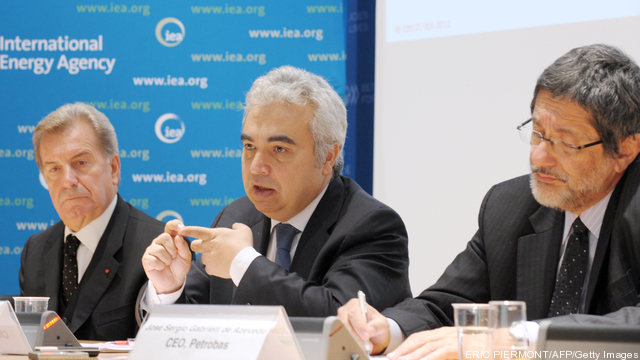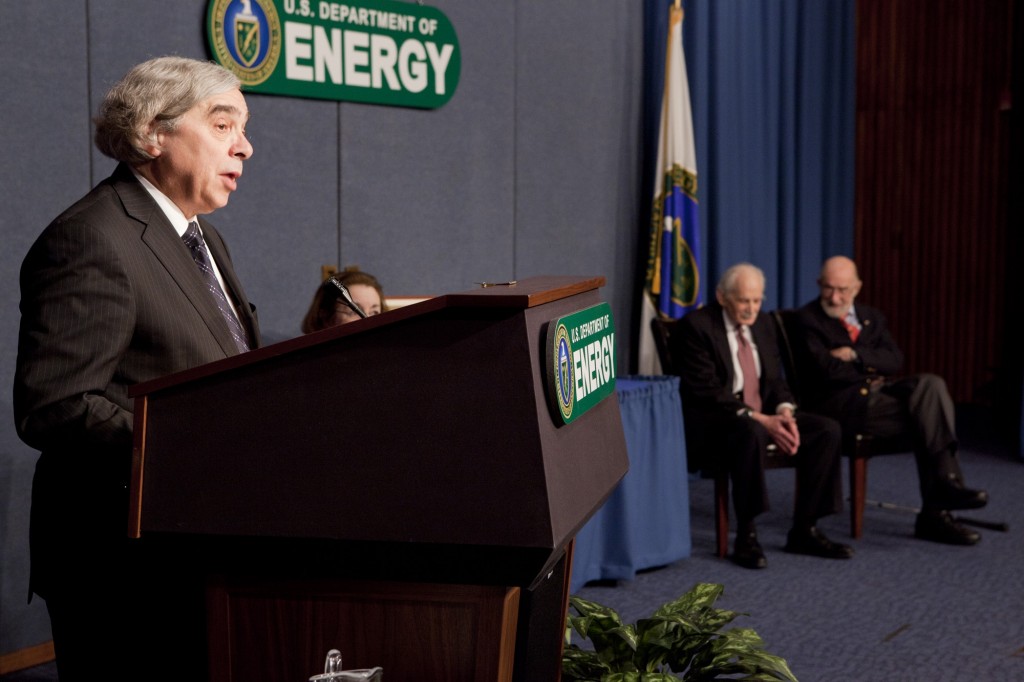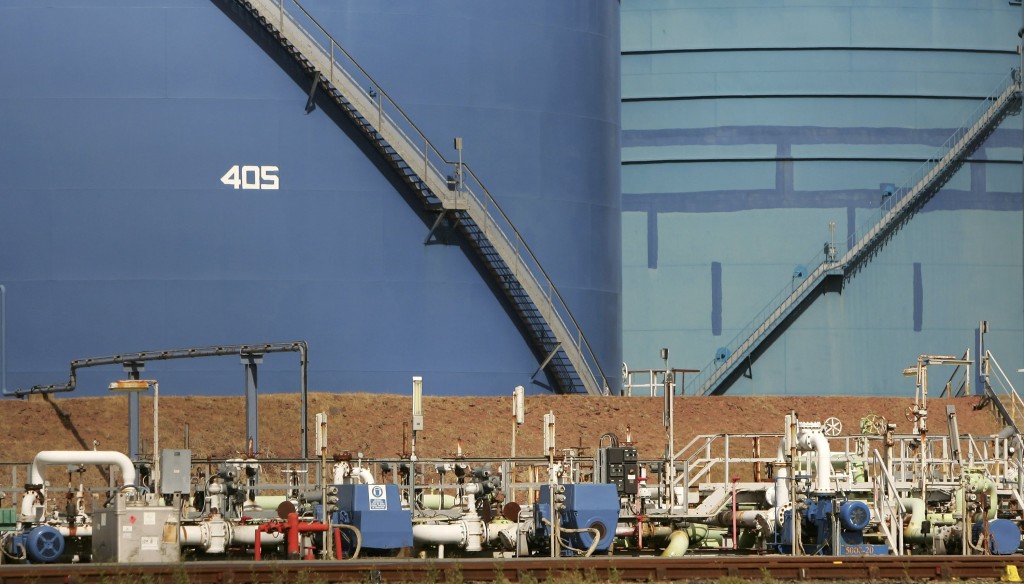There were conflicting opinions emerging from the American and Iranian camps following the latest round of discussions at the nuclear summit in Switzerland when Sec. Ernest Moniz met with his Iranian counterpart. “In comments to the Iranian news media, Ali Akbar Salehi, the head of the Atomic Energy Organization of Iran, said that 90 percent… Keep reading →
CSIS
Energy News Roundup: Nuclear Talks Continue, Oil Lowest Since 2009 & Public Land Production Reform
By Conor O'SullivanSign up and get Breaking Energy news in your inbox.
We will never sell or share your information without your consent. See our privacy policy.US Energy Renaissance Brings Important Foreign Policy Choices
By Roman KilisekTwo timely research studies from think tanks inside the Beltway address energy security with particular focus on America’s new role in rearranging the established global energy order. This order is in flux precisely because of the renaissance in the American energy sector ignited by its shale (tight) oil and gas boom. Over the last decade,… Keep reading →
The US became a net-exporter of oil products like gasoline and diesel fuel in 2011 for the first time since 1949 and oil product exports have steadily increased since that point. US refiners found a new lease on life – after several East Coast refinery closures – by purchasing Bakken crude at a discount to… Keep reading →

President Barack Obama delivered the State of the Union address to Congress in late January. The speech is being characterized by many in the media as many things: populist in tone, a campaign year positioning speech, and a mild tongue-lashing for Congress. While all of these things may or may not be true, for those of us in the energy world, the speech had some notable energy components worth mentioning.
First, the very fact that energy played a prominent role in the president’s framing of key measures to help build an “America built to last” is important and correct. Affordable and reliable energy has always been a staple of American economic growth and will continue to be so for the foreseeable future. With all of the other issues plaguing government right now, energy could easily have been downgraded to a lesser priority, but it wasn’t. Keep reading →

The unique structure of the US natural gas industry enabled development and rapid deployment of new shale gas technology, and the lack of that structure is complicating efforts of other countries to follow suit.
That’s according to Laszlo Varro, head of the Gas, Coal & Power Division at the International Energy Agency, speaking at the Center for Strategic & International Studies recently. Keep reading →

China has the world’s largest-ever program to build new nuclear generating plants, the world’s largest-ever program to build renewables, government mandates to vastly improve efficiency – and the world’s largest coal building program.
China’s situation was used by International Energy Agency experts to illustrate why their first report on coal’s prospects over the next five years, the Medium-Term Coal Market Report 2011, has concluded coal will remain the world’s dominant fuel, despite growing worries about climate change. Keep reading →




